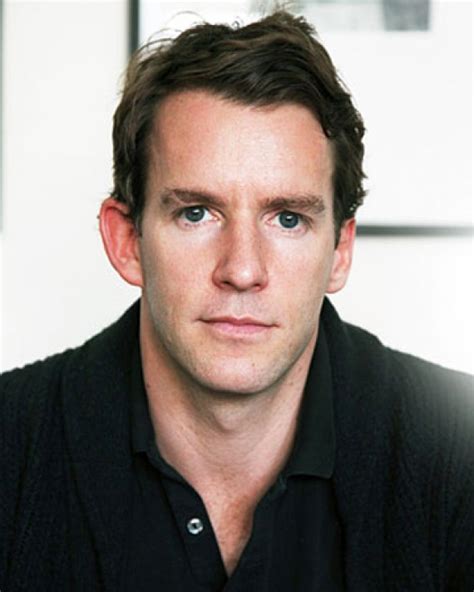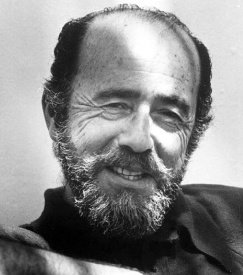A Quote by Bjorn Lomborg
A review was published in Nature, very scathing, essentially calling me incompetent, though they didn't use that word. I am putting a reply on my Web site in a few days, where I go through their arguments, paragraph by paragraph.
Related Quotes
Whenever I teach writing I tell them to never revise as you go. Finish the first draft. This is my writing advice. I can't do that myself. I'm lying to everybody. I write a paragraph, and then I rewrite that paragraph. I want to feel like I'm standing on firm ground before I move on to the next paragraph. Mentally, I have to do that.
I just wanted to speak to you about something from the Internal Revenue Code. It is the last sentence of section 509A of the code and it reads: 'For purposes of paragraph 3, an organization described in paragraph 2 shall be deemed to include an organization described in section 501C-4, 5, or 6, which would be described in paragraph 2 if it were an organization described in section 501C-3.' And that's just one sentence out of those fifty-seven feet of books.




































